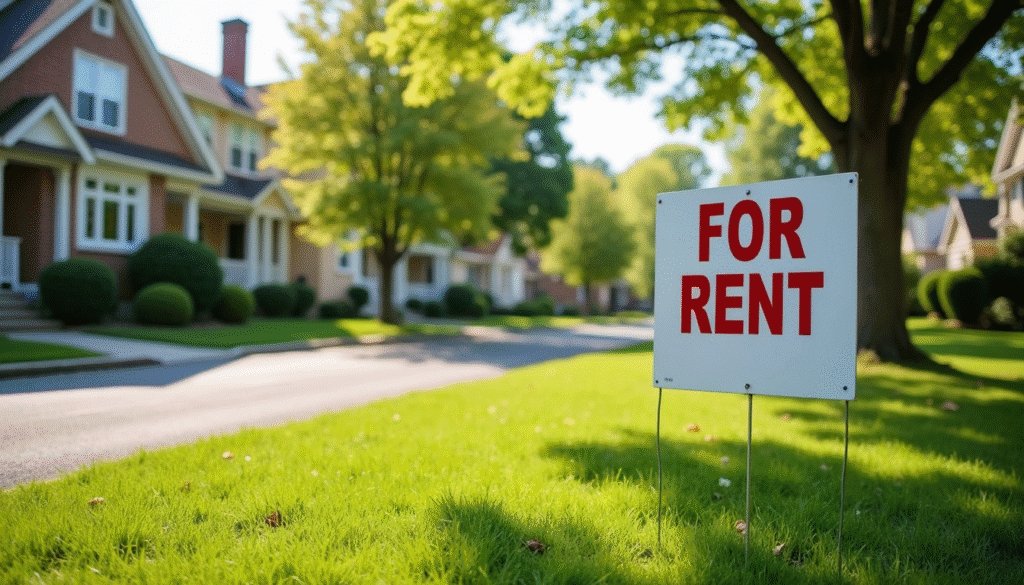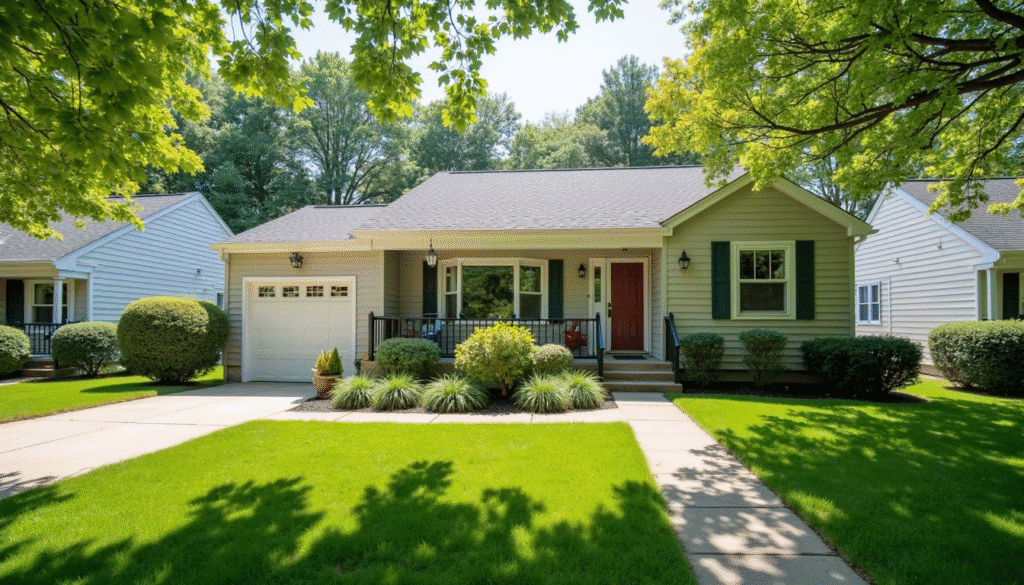As a landlord, the landlord lease renewal process can be one of the most crucial aspects of managing your rental property. A well-handled renewal can result in tenant retention, minimizing vacancy rates, and ensuring steady cash flow. However, mismanaging it could lead to tenant dissatisfaction and high tenant turnover, increasing your operational costs. In this article, we will cover everything you need to know about how to navigate the lease renewal process as a landlord, from understanding your legal obligations to fostering positive relationships with your tenants.
Why Landlord Lease Renewals are Important
The importance of lease renewals cannot be overstated. When a tenant’s lease is coming to an end, you have two choices: find a new tenant or renew the lease. The latter is usually more advantageous since it saves the time, cost, and effort associated with marketing your property and screening new tenants.
Tenant retention is also beneficial as it keeps your rental property occupied, reducing the risk of extended vacancies. Retaining long-term tenants also helps maintain the condition of your property, as familiar tenants are more likely to care for their home.
Steps to Handle the Lease Renewal Process
1. Review the Current Lease Agreement
Before initiating the renewal process, it’s critical to review the current lease agreement. This will help you understand if there are any adjustments you need to make, such as updating the rent amount, modifying the rules regarding pets, or revisiting maintenance clauses.
Rent adjustments should be made carefully, taking into account market trends and property expenses. According to some landlord-tenant laws source, landlords must provide notice of rent increases within a specific time frame before the lease expires.
2. Assess the Tenant’s Performance
While lease renewals are generally preferred, not all tenants are ideal candidates. Assess the tenant’s payment history, adherence to lease terms, and overall relationship. If the tenant has been consistently late with rent or violated key provisions of the agreement, you may decide not to offer a renewal.
Consider the following factors:
- Rent Payment History: Has the tenant consistently paid on time?
- Property Condition: Has the tenant taken care of the property?
- Complaints: Have there been complaints from neighbors or local authorities?
3. Provide Lease Renewal Notice
Once you’ve decided to renew the lease, it’s essential to provide formal notice to the tenant. In many jurisdictions, landlords are required to give advance notice of lease renewal, typically 30 to 90 days before the lease expiration. This notice can include a renewal offer letter that outlines the new terms, such as any rent adjustments, updates to the lease agreement, and the deadline for accepting or declining the renewal.
The letter should be clear and concise, giving the tenant ample time to review the terms. Make sure the notice adheres to local regulations regarding lease renewal notices source.
4. Negotiate Lease Terms
In some cases, tenants may want to negotiate the terms of the lease before signing. Be prepared to discuss:
- Rent Adjustments: If you’re proposing a rent increase, be ready to justify the raise by referencing local rental market trends.
- Lease Duration: Some tenants may prefer a shorter lease term, such as month-to-month, or a longer-term agreement for stability.
- Maintenance and Repairs: Tenants might request certain repairs or improvements before renewing.
Being open to negotiations can foster goodwill and encourage tenants to stay longer, reducing your long-term vacancy risk.
5. Update the Lease Agreement
After both parties agree to the renewal terms, update the lease agreement to reflect the changes. Ensure all legal requirements are met, and the document includes new rent amounts, lease terms, and any other agreed-upon modifications. Both parties should sign and retain copies of the updated lease.
Using a digital leasing platform can simplify this process, allowing for easy document sharing and signing.
6. Encourage Open Communication
One of the most effective ways to ensure tenant satisfaction is by encouraging open communication throughout the lease renewal process. Keep your tenant informed of any changes or updates, and be responsive to their concerns or requests. A transparent approach builds trust and makes tenants more likely to renew their lease when the time comes.
7. Consider Incentives for Long-Term Tenants
To further encourage lease renewal, consider offering incentives for tenants who commit to long-term leases. Incentives might include:
- A small rent discount for signing a two-year lease.
- Free property upgrades like fresh paint or updated appliances.
- Waived fees for early renewal acceptance.
Such gestures can make tenants feel valued, increasing the likelihood that they will renew their lease.
Legal Considerations in the Lease Renewal Process
Landlords must be aware of the legal obligations surrounding lease renewals. Some key legal aspects include:
- Non-discriminatory practices: Ensure that lease renewal offers are made without regard to race, religion, gender, or any other protected class under Fair Housing Laws source.
- Notices of non-renewal: If you decide not to renew a tenant’s lease, provide written notice within the time frame required by local tenant laws. The notice should clearly state the reason for non-renewal.
- Rent control laws: In certain jurisdictions, rent increases may be limited by local rent control laws, so it’s essential to stay informed about your area’s legal requirements.
FAQs About the Landlord Lease Renewal Process
What happens if the tenant does not respond to the renewal offer?
If the tenant fails to respond by the stated deadline, their lease will either expire or convert to a month-to-month agreement, depending on local laws and the lease terms.
Can I increase rent during the lease renewal?
Yes, landlords can usually increase rent during the lease renewal process. However, the increase must comply with local rent control regulations, and tenants must be given proper notice.
How much notice do I need to give for a lease renewal?
In most cases, landlords are required to provide 30 to 90 days’ notice before the lease expires. The exact timeline varies by jurisdiction.
Should I offer a lease renewal to a problem tenant?
It depends. If the tenant has violated lease terms or caused significant issues, you may be better off letting the lease expire and seeking a new tenant.






